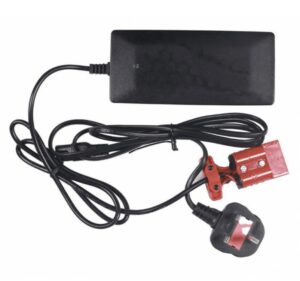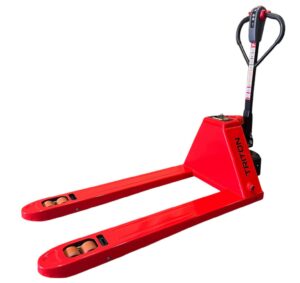Lifting, lowering or otherwise carrying or moving a load by hand or bodily force is common in many warehousing and logistics roles, but are you doing enough to protect your employees?
Employer responsibilities when it comes to manual handling and the law are clear, but you’d perhaps be surprised at the number of employees who suffer injuries each year as their employees aren’t providing them with the correct processes and equipment to stay safe at work.
Here is a five-minute guide to manual handling and the law to ensure that you are fulfilling your obligations under current legislation.
Under current HSE legislation, employers are expected to reduce risk of injury from manual handling operations to “the lowest level reasonably practicable” by law using the following criteria:
- Avoid the need for employees to undertake manual handling which involves a risk of being injured. This means that equipment such as hand pallet trucks, manual stacker trucks, skates and lifting tables such be made available to staff to stop musculoskeletal injuries occurring.
- Carry out a manual handling risk assessment prior to any manual handling tasks. This includes loading and unloading consignments, storage, picking and processing orders and any other task that requires manual handling.
- Provide regular training and information including specific information about the weight of the load. This also includes equipment and techniques to be used when carrying out manual handling tasks and must be reviewed on a regular basis to ensure that all staff members are aware of the correct process for lifting and the lifting equipment that is best suited to the task.
- Assess the layout, structure or nature of the work and the individual capability of staff to reduce manual handling risks and retain accurate reports on any previous notifiable manual handling incidents and accidents. This will help to reduce the reoccurrence of any such injuries in the future.
- Equal consideration needs to be given to those working away from the employer’s premises too, so any member of staff working on another site still needs the correct training and equipment to carry out manual handling tasks elsewhere.
As you can see, training, risk assessments and the correct lifting equipment are all essential to meet your obligations under manual handling laws, so get in touch with the knowledgeable and friendly team at Midland Pallet Trucks today to discuss your equipment needs.
























